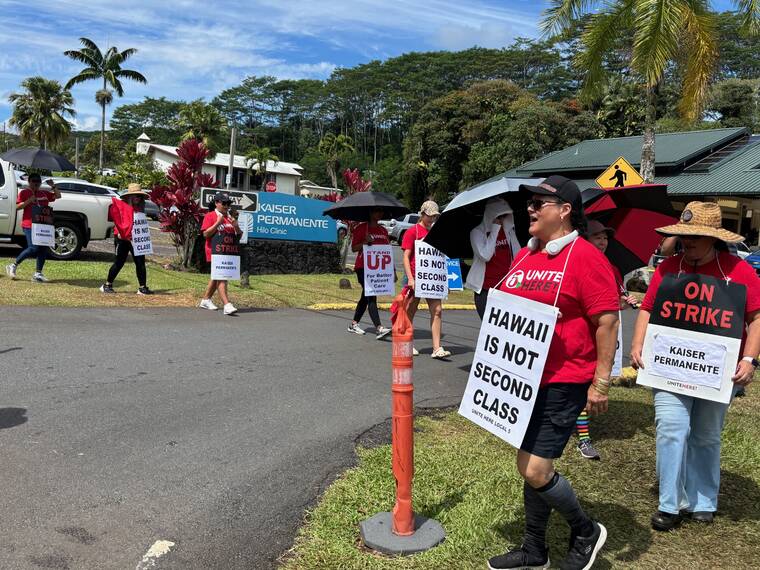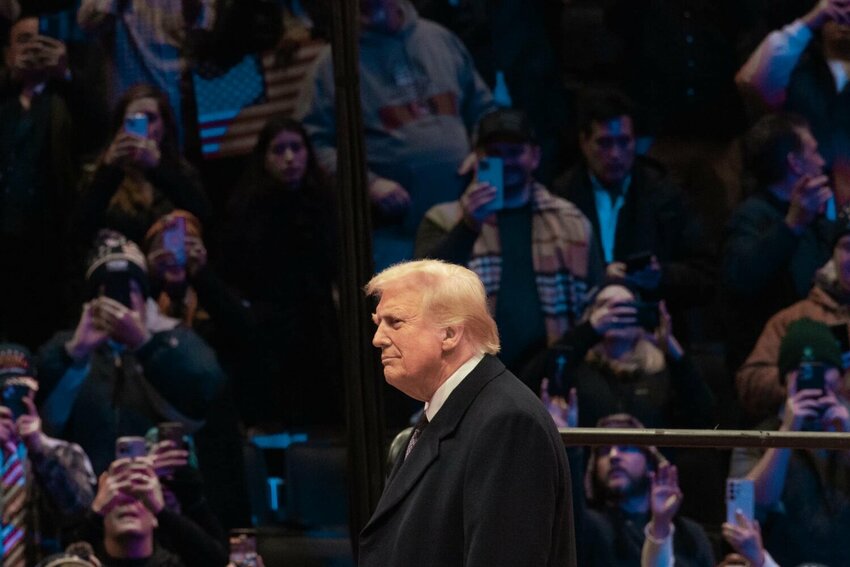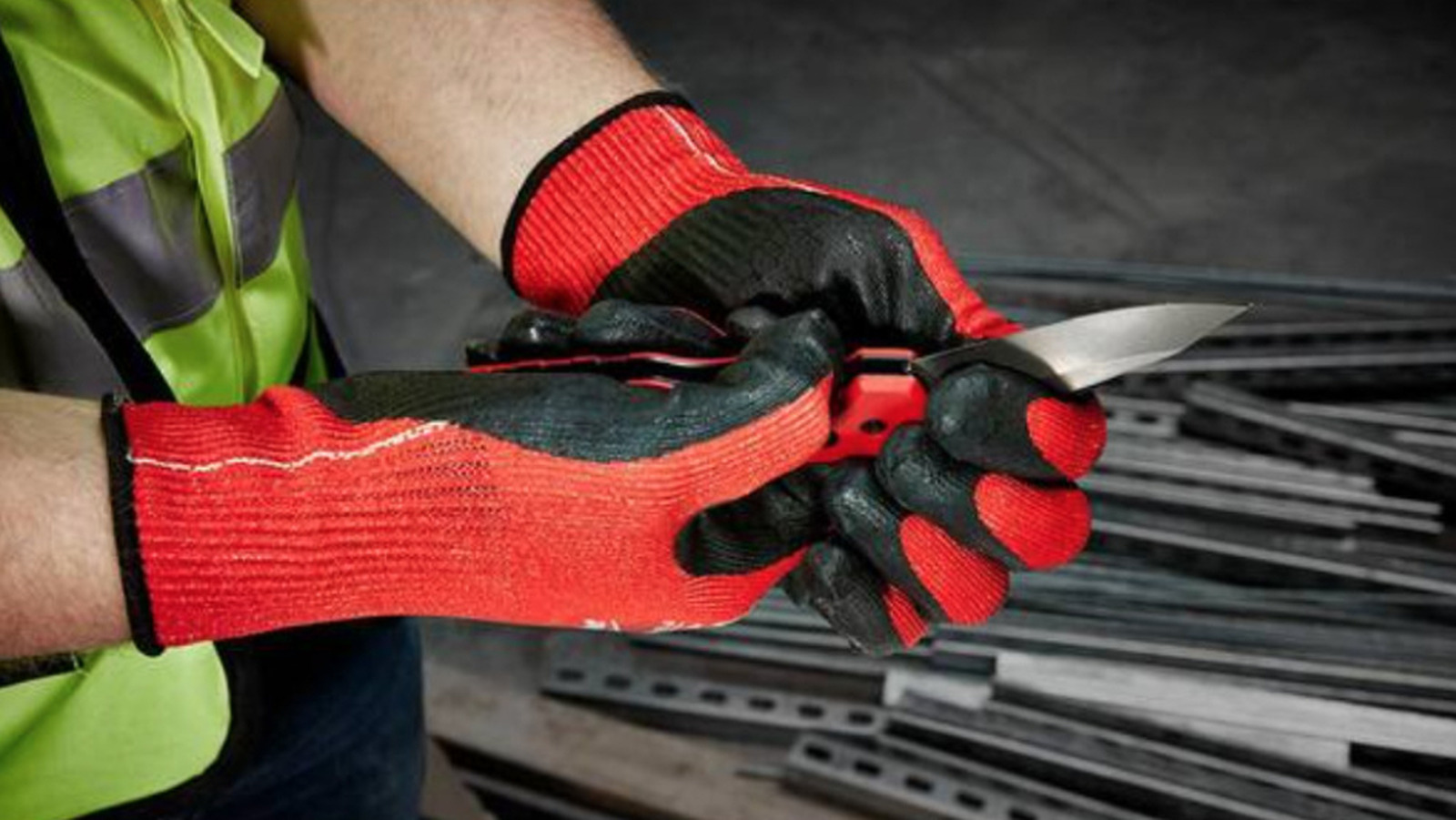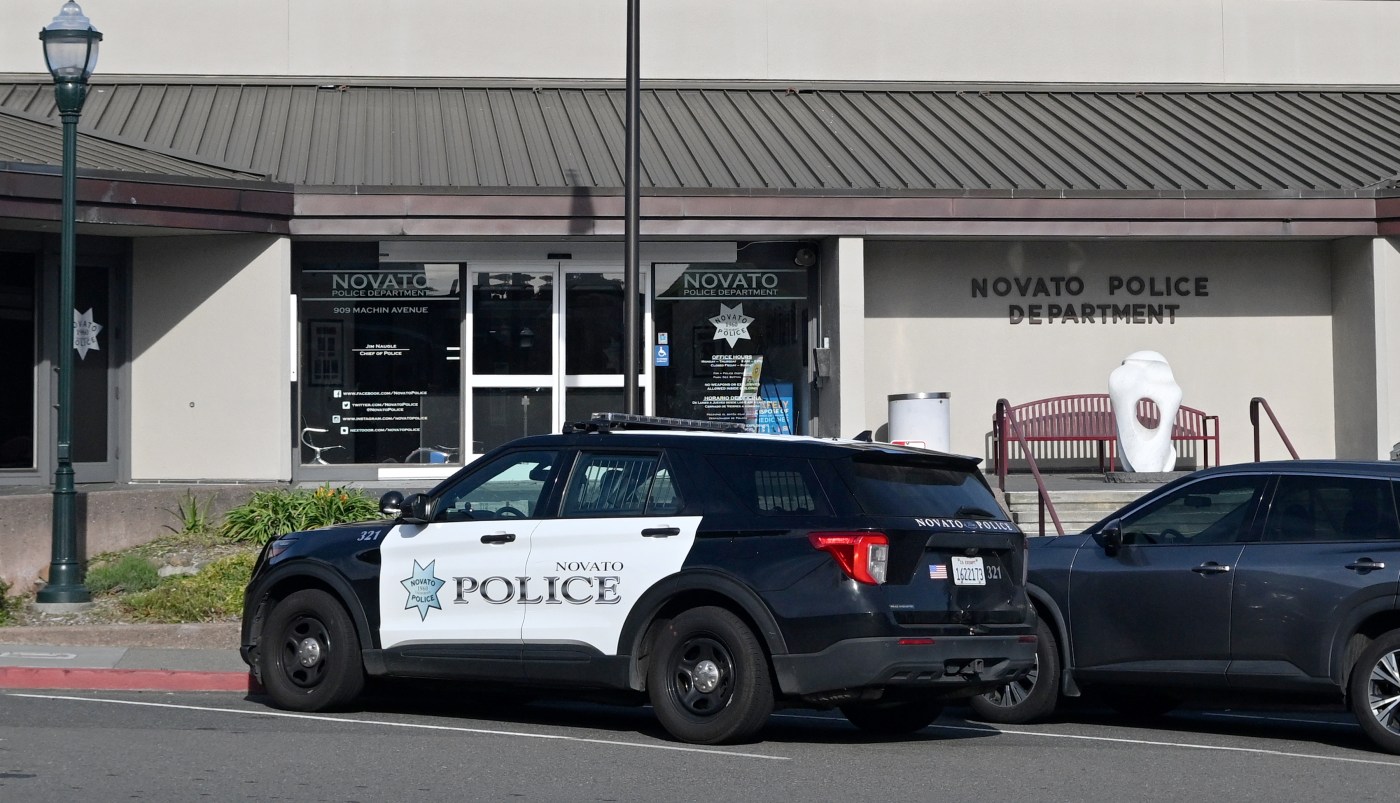
Employees of Kaiser Permanente in Hilo, Hawaii, are entering the third day of a labor strike, demanding better pay and staffing conditions. Approximately 15 picketers, represented by the Alliance of Health Care Unions, gathered outside the Kaiser Permanente clinic, chanting slogans such as “No contract, no peace!” and “Scabs, go home!” The strike is part of a broader movement involving over 1,900 Kaiser workers statewide, led by Unite Here Local 5.
Negotiations for a new contract have been ongoing since April, but an agreement was not reached before the existing contract expired on September 30, 2023. Keokilani Keliikuli-Teixeira, an OB/GYN medical assistant at the Hilo clinic for two decades, expressed her concerns about the situation. “The lapse of the contract and decision to strike have been nerve-wracking, very concerning and … very scary,” she said.
Picketing efforts have been organized in shifts, running from 7:30 a.m. to 5:30 p.m. from Tuesday through Sunday. Keliikuli-Teixeira pointed out that the primary issue for many strikers is the disparity in pay. “Our pay increases have not been able to reflect what’s going on in our economy,” she said, noting that the current pay rates leave workers significantly behind their counterparts on the mainland.
Keliikuli-Teixeira anticipated that the issues would likely remain unresolved by the end of the strike on Sunday. If the strike continues beyond that date, a new vote from union members would be necessary, along with a fresh ten-day notification to Kaiser, as explained by Local 5’s Financial Secretary and Treasurer, Cade Watanabe.
Watanabe emphasized that the strike is about more than just wages. “We’ve got to make sure that we address the critical issue of staffing and workload,” he stated, reaffirming the union’s commitment to bargaining. The consolidation of Kaiser Permanente’s Hawaii operations with its Southern California region has created challenges, according to Keliikuli-Teixeira. She noted that decision-makers are often far removed from the realities of local employees.
Carole Abe, a primary care medical assistant at the Hilo clinic for 23 years, echoed similar sentiments regarding pay equity. She highlighted the financial struggles many workers face, stating that Hawaii employees earn up to 30% less than their mainland counterparts in similar roles. “It’s unfair. Hawaii’s not second class, you know?” Abe remarked, expressing frustration at the disparity within the same company.
A fellow worker, Kanoe Arai, a licensed practical nurse in pediatrics at the Hilo clinic for ten years, pointed out the additional demands placed on staff at smaller clinics. “Being a small clinic, we all kind of pick up multiple roles,” Arai explained, contrasting their workload with that of mainland Kaiser employees who benefit from additional staffing.
In response to the strike, Kaiser Permanente issued a statement reassuring patients that the strike would conclude on Sunday, and that most services, including hospitals and urgent care centers, remain operational. The organization expressed gratitude to the many employees who continue to support operations, emphasizing their commitment to providing high-quality care to the people of Hawaii.
As negotiations between Kaiser Permanente and the union continue, the outcome of the strike may significantly affect the working conditions and compensation for healthcare workers in Hawaii. The situation remains dynamic, with both sides hoping for a resolution that addresses the pressing concerns of the employees on the front lines of patient care.







